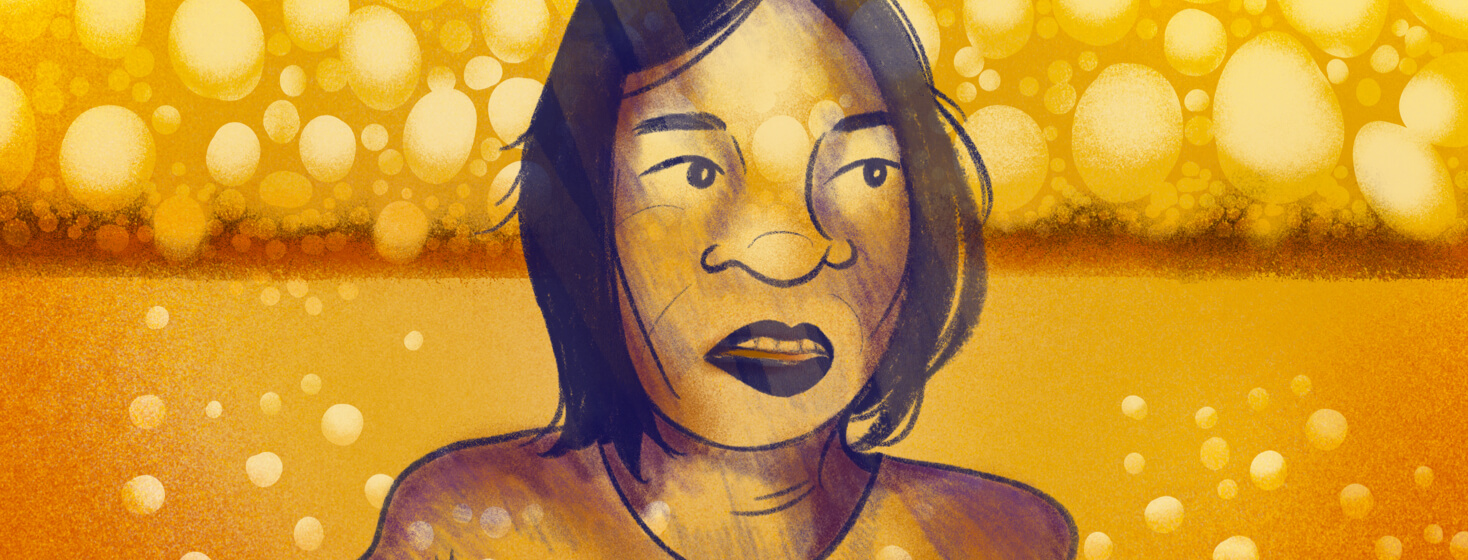Epilepsy and Alcohol: Is It Safe to Drink?
Many of us have a glass of wine or a bottle of beer to unwind or celebrate. Or, we drink simply because we enjoy it. But if you have epilepsy, your doctor may warn you about the dangers of alcohol. They could tell you to cut back or stop drinking altogether. So is it safe to drink alcohol when you have epilepsy? If so, how much is too much?
Alcohol as a seizure trigger
Each of us has a different tolerance for alcohol. In general, though, it is okay for people with epilepsy to drink in small amounts. Experts say 1 or 2 drinks a day will likely not cause a seizure.1
One large scientific review backs up this idea. Researchers looked at more than a dozen studies on epilepsy and alcohol. They found that drinking around 24 grams of alcohol — roughly 1 to 2 bottles of beer — does not raise your risk of a seizure. Your chances rise sharply the more alcohol you drink beyond 24 grams.2,3
Although a large amount of alcohol can be dangerous, blood tests show a small amount does not affect:1
- How much seizure medicine is in your bloodstream
- How your body responds to seizure medicine
Limited alcohol amounts also do not change EEG results, which measure electrical activity in the brain.
Featured Forum
View all responsesExcess drinking and seizures
The more you drink, the more your risk of a seizure rises. Experts say your chances are much higher after consuming 3 or more alcoholic drinks.1
Another study examined 300 people with epilepsy. A majority consumed alcohol within the past year. Study results show that every person who drank large amounts of alcohol (at least 7 standard drinks) had worse seizures. Most of the seizures happened within 12 hours after they stopped drinking.4
The biggest seizure culprit may be when you often drink to excess and then suddenly stop. This is called alcohol withdrawal. Withdrawal seizures can happen any time from 6 to 72 hours after you have stopped drinking. Keep in mind that sometimes alcohol withdrawal seizures are a separate condition from epilepsy.
Research also shows that long-term alcohol abuse increases your chance of developing epilepsy. Regular seizures linked to alcohol withdrawal can trigger more electrical activity in the brain. This means if you have had a seizure due to binge drinking, you could start having them even when you are sober.1
Alcohol and seizure medicine
Mixing alcoholic drinks and seizure medicine could have harmful effects. When you drink while taking these types of drugs, it lowers your alcohol tolerance. As a result, you may feel the effects of alcohol and get drunk more quickly.
Alcohol and seizure medicine also have the same side effects, which could make the combination doubly worse. Side effects include:5
- Tiredness
- Nausea
- Dizziness
- Blurred vision
Avoid driving while drinking and taking seizure medicine. Both impact your awareness, reflexes, and other physical functions.
If you are struggling with alcohol misuse, talk to your doctor. They can suggest a treatment plan or refer you to another health professional.

Join the conversation